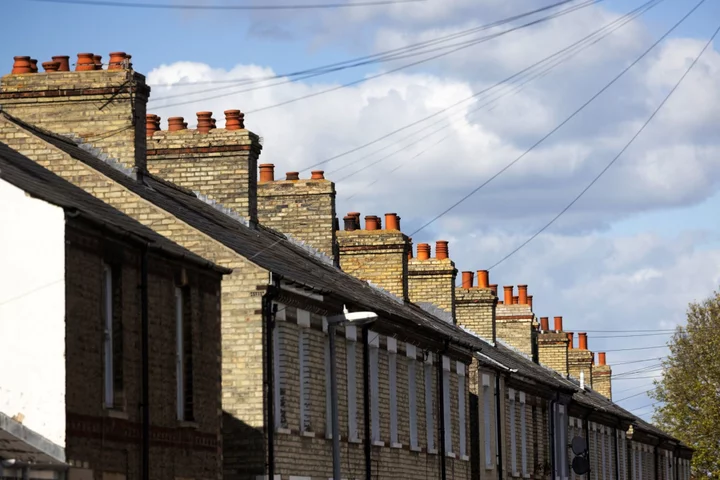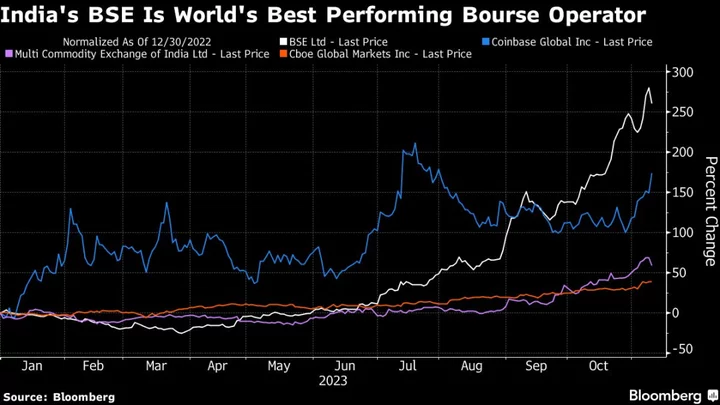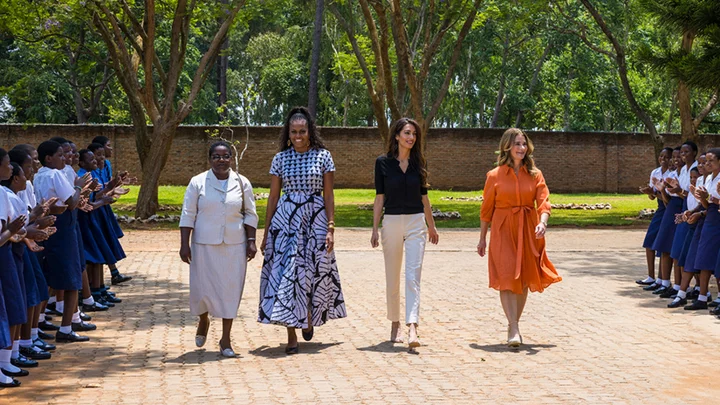Malaysian Prime Minister Anwar Ibrahim unveiled a plan Thursday to reset the Southeast Asian economy’s growth trajectory, with an eye on boosting incomes and participation of women in the workforce while lowering the budget deficit to reduce stress on government finances.
The plan involves attracting companies that create high-income jobs for locals with tax breaks, boost manufacturing and implement reforms to make its stock markets attractive, Anwar said in his speech on the 10-year plan in Kuala Lumpur.
The key outcomes he is targeting are: achieving a fiscal deficit of 3% of gross domestic product or lower, placing Malaysia among the top 30 global economies and improving its human development index ranking to the top 25.
“My utmost priority in the near term is to rebuild the country’s fiscal capacity. We are all aware of the national debt situation,” Anwar said, referring to government debt at over 60% of GDP. “Without any reforms, we will face a very serious crisis that would undoubtedly affect the country’s structure.”
The state of the economy has been a major theme as six key states head to the polls on Aug. 12. Elevated inflation, a weak ringgit, stagnant wages and slowing growth could weigh on Anwar’s chances as he faces his biggest public vote of confidence since coming to power after a divisive general election in November.
Political stability is key to narrowing the budget deficit sustainably, as also lowering the government’s net debt to below 60% of GDP, according to S&P Global Ratings, which last month reaffirmed Malaysia’s ‘A-’ investment-grade credit score.
Anwar’s multi-racial unity government must win at least three of the six poll-bound states in the contest against the conservative Malay federal opposition alliance. Anything worse could prompt Anwar’s new-found allies to reassess their support, potentially jeopardizing his efforts to slash subsidies and the fiscal deficit.
Alongside reducing the fiscal gap, Anwar aims to boost economic growth to 6% in the short-term.
Malaysia’s economy expanded at a more moderate pace in recent months, as slowing external demand weighed down on exports, according to the central bank. The government expects the economy to expand from 4%-5% in 2023, a far cry from last year when it took the mantle of the fastest growing economy in Asia.
“If we’re satisfied with the current situation, the economy will continue to record growth of between 4% to 5%,” Anwar said. “However, if we work hard and implement reforms, we can achieve 5.5%, in fact I believe it is not impossible for us to achieve 6% growth in the near term.”
Some key points from the economic plan:
- Adults earning below 100,000 ringgit to get 100 ringgit e-cash credits
- More than 10 million people to be eligible for the benefit
- To boost digitalization grant by 100 million ringgit to support business automation
- Set aside 100 million ringgit for infrastructure in industrial / green zones
- To reduce share-lot size and enable fractional trading to boost retail participation in equity market
- To loosen MM2H (Malaysia My Second Home) visa program rules and make it easier for tourists to get visa on arrival
- To set aside 5 billion ringgit to provide financing guarantees to first-time buyers on homes worth up to 300,000 ringgit
--With assistance from Clarissa Batino.
(Updates with details throughout.)









